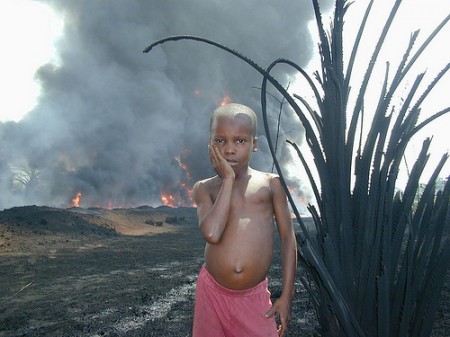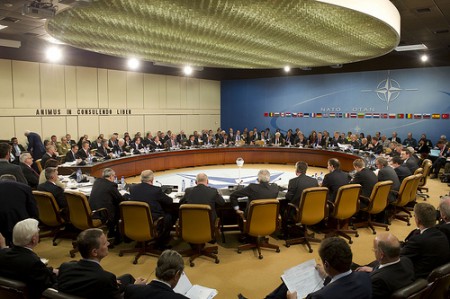
PHILADELPHIE – En janvier les électeurs israéliens se rendront aux urnes pour des élections qui annoncent le renouvellement de mandat du Premier ministre Benyamin Netanyahou. C’est cette perspective que redoutent la gauche israélienne, l’administration du Président américain Barack Obama, la plupart des dirigeants européens ou encore de nombreux Juifs américains.
Mais personne n’envisage la perspective d’un nouveau gouvernement Netanyahou avec plus d’angoisse que les Palestiniens. Dans la longue l’histoire tourmentée du conflit israélo-arabe, ils n’ont jamais vilipendé aucun Premier ministre israélien plus que Netanyahou, à l’exception peut-être d’Ariel Sharon. La raison est simple : il est l’un d’entre eux.
A strictement parler, bien sûr, ce n’est pas vrai. Mais contrairement aux Premiers ministres israéliens précédents (encore une fois, à l’exception possible de Sharon), Netanyahou a imité la stratégie politique palestinienne du sumud – en français : détermination.


